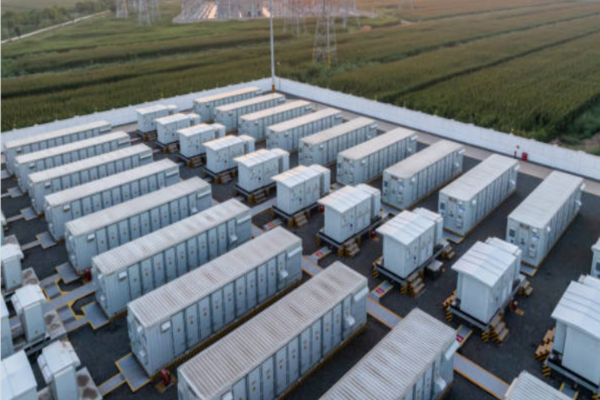Eku Energy Japan has announced that it has received approval from the Organization for Cross-regional Coordination of Transmission Operators (OCCTO) to move forward with the Eshi Battery Energy Storage System (BESS). The project is part of the Long-Term Decarbonization power source Auction (LTDA). The Eshi BESS will have a capacity of 150 megawatts (MW) and store 600 megawatt-hours (MWh) of electricity.
The system will be located in Eshi, Kasaoka City, Okayama Prefecture. It will be among the largest battery energy storage systems in Japan. Once operational, the facility will be able to store enough energy to supply power for four hours to about 337,000 households, roughly one-third of the households in Okayama Prefecture.
The purpose of the BESS is to help manage supply and demand, stabilize electricity prices, and maintain grid reliability. This function is considered important as Japan prepares for increased power usage. The Ministry of Economy, Trade and Industry has projected national electricity demand to grow by 6% by 2034, reaching about 852.4 billion kilowatt-hours. The growth is linked to expanding use of digital technology, including artificial intelligence.
The LTDA offers long-term contracts and fixed payments for capacity. These contracts give developers revenue certainty. Eku Energy will receive payments from OCCTO to help with the cost of building and operating the system over the long term.
Eku Energy already has one other battery project in Japan. It is the 30MW / 120MWh Hirohara BESS in Miyazaki Prefecture.
Other energy storage projects in Japan include smaller regional battery pilot systems operated by local utilities in Chubu and Kyushu. These smaller systems have capacities between 10MW to 20MW and are used to test peak balancing and renewable energy support.
Outside of Japan, Eku Energy was recently selected in February 2025 for a separate energy storage agreement in Australia. That project involves a 100MW / 800MWh BESS in Yoogali, New South Wales.

